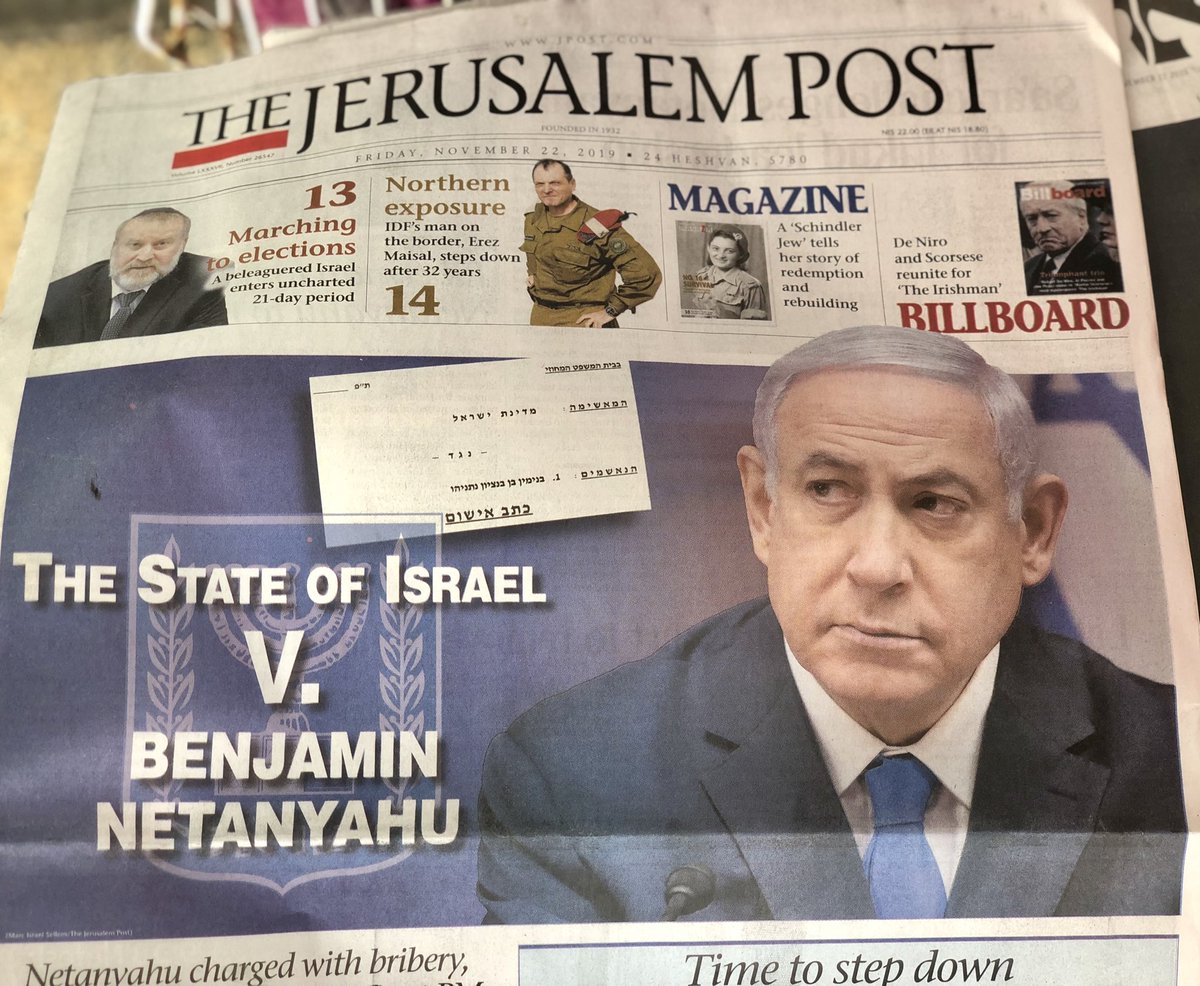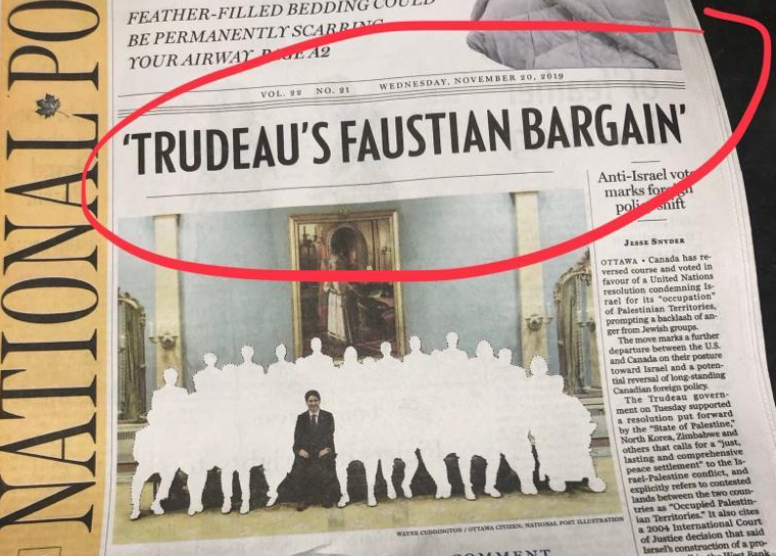Melanie Phillips: Negotiation in a war of extermination is no solution but surrender
And bang on cue, in response to this latest U.S. attempt to get the Palestinians to accept they have no option but to negotiate, they have threatened more violence. Of course: their aim of destroying Israel is non-negotiable.Bret Stephens (NYTs):Israel's Settlements Are Not the Principal Obstacle to Peace with the Palestinians
So the Palestinian Authority has announced it is considering “recommendations to strengthen…home front and the popular resistance,” and “demanded” that “the masses of the Palestinian people in the homeland and everywhere act in order to thwart the plot to eliminate the Palestinian cause.”
As Palestinian Media Watch has reported, at the recent Fatah Conference for Popular Resistance Mahmoud Abbas’s Fatah deputy, Mahmoud al Aloul, explained that “resistance” is “constant and ongoing,” and that it ”shouldn’t be stopped or postponed” for the sake of “an agreement [or] negotiations.” Only combined with “resistance,” said al-Aloul, would negotiations with Israel be successful.
If President Trump really believes that he can pull off the “deal of the century” between Israel and the Palestinians, he is wrong. Pursuing a negotiated deal as the solution to a war of extermination is a category error.
Trump’s bold, pro-Israel acts in stating the settlements are not illegal, as well as both recognizing Jerusalem as Israel’s capital and Israel’s annexation of the Golan, should not blind us to the wider and persistent mistake.
The only way to end the Arab war of extermination is to call out the Palestinians on their fundamental lies and to treat them not as statesmen-in-waiting but as international pariahs.
Only when the United States does that will we be able to say that truth and justice in the Middle East are finally being upheld.
When it comes to the Israeli-Palestinian conflict there are a number of outmoded beliefs: That the conflict can be solved by returning to the status quo ante 1967. That peace between Israel and the Arab states hinges on delivering a Palestinian state. And that settlement construction is the principal obstacle to peace. This is all nonsense.Caroline B. Glick: The reign of the prosecution
The pan-Arab campaign to "liberate" Palestine began two decades before Israel controlled an inch of Gaza or the West Bank. Relations with much of the Arab world have flourished in recent years, not on account of any progress on the Palestinian front, but because Arab states see Israel as a capable ally against an imperialist Iran.
As for settlements, Israel withdrew all of its settlers and soldiers from Gaza in 2005. The result was more war, not less. It would be worse than useless to demand that Israelis repeat the experiment on a much larger scale.
As a matter of survival, Israel requires that a Palestinian state have neither the ambition nor the means to devote itself to Israel's destruction. The core problem with the past half-century of failed peacemaking efforts has been the facile assumption that meeting the need for two states would ultimately fulfill Israel's requirement for security. The lesson of experience has been the opposite.
The administration's ruling on settlements cleans out some of the cobwebs under which thinking about the conflict has moldered. Peace, if it comes, will not be the result of a legal argument over the Geneva Convention. It will happen when a new generation of Palestinian leaders dedicate themselves to building up the institutions of a decent state rather than attacking those of their neighbor.
After Mandelblit made his primetime announcement, Netanyahu pledged to fight for his freedom and for the restoration of Israeli democracy and the rule of law. In his speech Thursday night, he made an impassioned appeal to his “decent” political rivals to join him in this fight.
If any politicians doubt that Netanyahu’s struggle is their struggle, they should look no further than the prosecution’s announcement last week that it was opening a review, ahead of a criminal probe – of Gantz’s role in the so-called “Fifth Dimension Affair.” The Fifth Dimension was a start-up Gantz headed. Its sale for $14 million allegedly violated standard procedures.
Maybe Gantz did nothing wrong. But then, Netanyahu is being indicted for crimes that don’t actually exist. So it doesn’t matter. The message is clear. Every politician is at the mercy of the prosecutors. Fall out of line, and you will become a criminal suspect before you can say, “prosecutorial abuse.”
It’s certainly true that the left shares the prosecutors’ hatred of Netanyahu. Blue and White exists to destroy him. But all the leftist politicians – and Liberman – who are celebrating today need to understand that the Netanyahu they love to hate is their best friend and defender today. If Netanyahu is found guilty of crimes that were invented for the purpose of destroying him, then their goose will be cooked along with his.
Politicians may make us happy or sad, frustrated or infuriated. But today, in post-democratic Israel it hardly matters. Netanyahu called last night for an “investigation of the investigators.” Unless our elected officials join forces to heed his call, they – and the voters who elected them -- will never be relevant again.




































.jpg)





